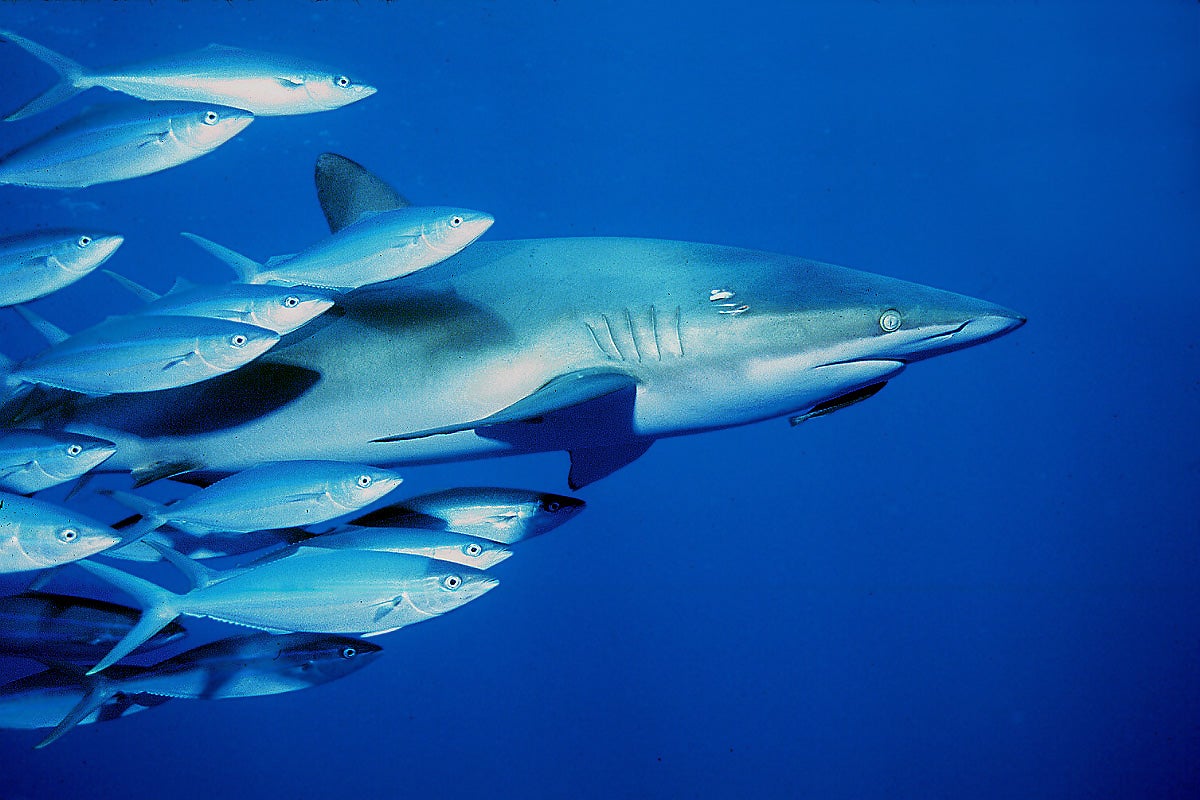If you're planning a dive vacation, choosing the right dive operator is crucial to ensure a safe and enjoyable experience. But with so many options out there, how do you know which one is the best fit for you?
Here are 10 things to look for in a dive operator to help you make an informed decision:
Sharks are misunderstood and misrepresented in the media
Sharks have long been portrayed as mindless killing machines in popular media, with movies like "Jaws" contributing to the negative stigma surrounding these animals. However, the truth is that sharks are intelligent and complex creatures that play important roles in the ocean ecosystem. In reality, humans pose a much greater threat to sharks than sharks do to humans.
Sharks are facing extinction
Sharks are important to the ocean ecosystem
As apex predators, sharks play a crucial role in maintaining the balance of marine ecosystems. They help to control the populations of other species and prevent the overgrazing of certain types of prey. The loss of sharks can have cascading effects on the entire ecosystem. For example, the disappearance of large predatory sharks has led to an increase in the population of smaller predatory fish, which can cause problems for coral reefs and other ecosystems.
Shark tourism can have negative impacts
While shark tourism can be a valuable source of income for local communities and a way to raise awareness about the importance of sharks, it can also have negative impacts if not properly regulated. When sharks are repeatedly fed or attracted to specific areas by bait, they can become reliant on these sources of food and lose their natural hunting instincts. This can lead to the sharks becoming more aggressive toward humans and potentially endangering swimmers and divers.
Sharks have a low reproductive rate
Sharks have a low reproductive rate compared to other animals, with most species only giving birth to a small number of offspring at a time. This makes them particularly vulnerable to overfishing, as their populations are not able to recover as quickly as those of other species.
Sharks are facing habitat loss
Sharks are also threatened by habitat loss due to the destruction of coral reefs and other marine environments. Climate change, pollution, and coastal development all contribute to the degradation of these habitats, which can have serious consequences for shark populations.
Sharks are poorly protected by international laws
Despite the threats facing sharks, international laws protecting these animals are inadequate. Many species of sharks are not covered by existing conservation agreements, and the enforcement of existing laws is often weak. This means that sharks are at risk of being overexploited and pushed toward extinction.
Conclusion
It is clear that sharks are facing a number of challenges that threaten their survival. From being misunderstood and misrepresented in the media to facing extinction due to overfishing and habitat loss, sharks are in need of greater protection and conservation efforts. By raising awareness about the importance of sharks and advocating for stronger international laws to protect these animals, we can help to ensure that they have a future in our oceans.





